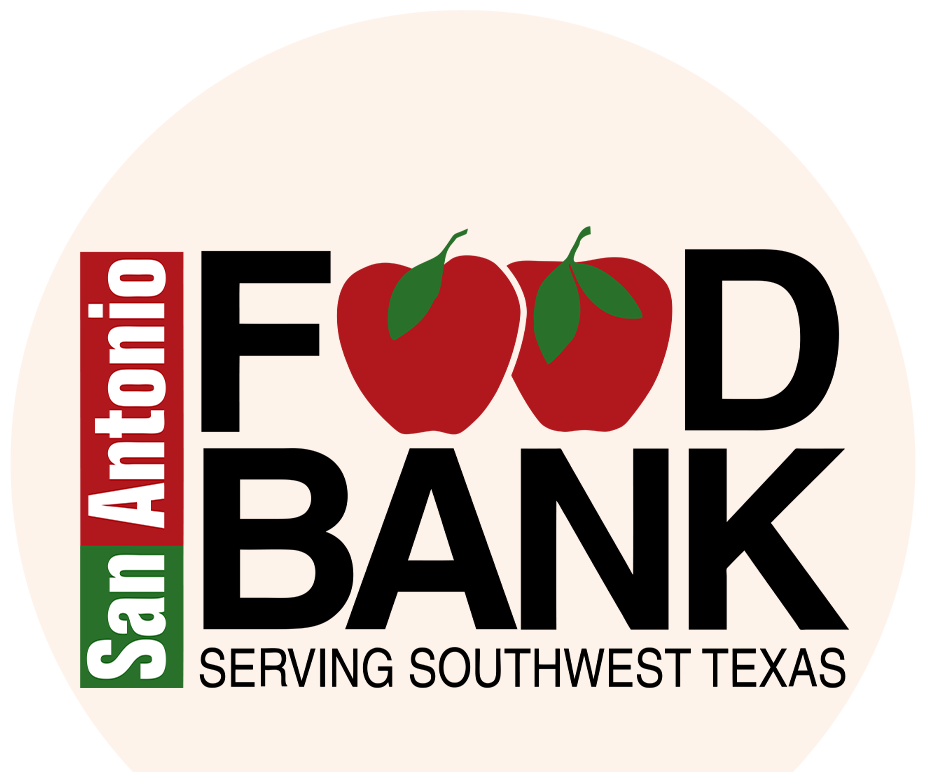Well-Child Care
15 Months Old
Three months have passed, and your baby is ready for their next doctor’s visit. At 15 months old, your baby should get a complete check-up along with a few vaccines. Be sure to ask your doctor for a copy of your baby’s vaccinations for your personal records. Another learning curve to overcome as a parent throughout this first year is dealing with a baby who starts to display picky eating behaviors. As your baby’s growth patterns slowly change, so do their appetite and eating habits. Forcing or bribing your child to eat can only make matters worse. Here are a few tips and tricks to help you navigate your toddler’s changing needs.
Developmental Milestones
- Social & Emotional: Your baby will socialize by showing more emotions like excitement by clapping or affection by hugging and cuddling.
- Language & Communication: Around this time, your baby’s vocabulary will grow as they identify more familiar objects by name.
- Learning & Thinking: Your baby will start to model you using everyday objects like a phone, cup, or book and will be able to stack at least two small objects on each other.
- Movement & Physical Development: Your baby will take their first few steps once their legs are strong enough to hold their weight and to balance without support.
Nutrition Needs
Picky Eating
Does your child have strong likes and dislikes for certain types of food? Do they struggle to accept new food? If you answered ‘yes’ to either of these questions, your child may be considered a picky eater. But don’t worry! It’s common for children to be sensitive to different tastes, textures, and smells. As a parent, one of your goals is to raise a competent eater who can accept a variety of foods that support their energy needs while maintaining a positive relationship with food. Children who eat only one type of food for an extended period can struggle with gaining weight or have nutrient deficiencies that prevent them from leading healthy lives. It is not uncommon for children to favor or prefer one type of food for some time. This is usually considered a “food jag.” Research shows that you may need to introduce the same food to your child more than ten times before they recognize it and begin to enjoy it. So don’t give up! Keep offering a variety of foods to your child; you never know which one may stick.
Tips & Tricks for Picky Eaters
Encouraging healthy eating habits begins at an early age. Here are some tips and tricks to help your child become a competent eater.
-
- Start with variety. Offer a variety of foods from each of the five food groups: fruits, vegetables, grains, protein, and dairy. Most children enjoy fruits more because of their sweetness. The more often you can offer food from all food groups, the more your child can expand their food preferences.
- Mix up the texture. One way to offer a variety of textures is by preparing the same ingredients in different ways. For example, once your baby is developmentally ready, introduce them to mashed, steamed, roasted, and raw broccoli.
- Target their tastebuds. Our tastebuds can detect 5 main flavor profiles: sweet, salty, bitter, sour, and umami or savory. Try offering the same broccoli mentioned above with different herbs and spices to engage your baby’s tastebuds. The range of food your baby will eat will expand by offering food with different flavors.
- Engage all of their senses. While taste may be the main sense used in eating, we can use all five senses to enjoy each meal. Try offering food on a colorful plate or bowl to awaken your baby’s sight. Allow your baby to explore their food with their hands to feel its unique texture. Keep your baby close to the kitchen so they can smell and even hear the food when cooking.
- Limit distractions. Picky eating can sometimes be caused by too many distractions when it comes to eating. Turn off all electronic devices to limit the amount of noise and commotion during mealtimes. Remove any additional clutter from the dining table or highchair where your baby eats so that they can stay focused on the task at hand.
- Be a good role model. You are your child’s first teacher; they learn by watching you. If you show that a particular food is enjoyable to eat, then your baby is more than likely willing to eat it, too. Just be careful not to label foods as “good” or “bad” since food should be seen as a source of energy and should not have positive or negative values associated with it
Causes for Picky Eating
Many factors come into play with picky eating behaviors. As Ellyn Satter, MS RD, says, “Normal eating is a response to your emotions, schedule, hunger, and proximity to food.” Picky eating can result from a change in one or more of these environmental and behavioral factors. A ‘food jag,” or when your child wants to eat the same foods for every meal, can also happen because of certain medical conditions. Consider other symptoms your child shows to understand why they may not accept different food types. Are they struggling to chew and swallow? Do they have adverse reactions, like diarrhea or heartburn, when they eat a particular food? Have they had a bad experience, like an allergic reaction or choking event? If that is the case, your child may be avoiding certain foods for a specific reason. Stay alert during each mealtime to observe and understand your child’s needs. If you have any questions or concerns, always ask your healthcare provider for advice and guidance to navigate changes in your child’s eating habits.
Recommended Recipes

Family Engagement Activity
- Do you struggle with your child to try new foods? Is mealtime stressful for both you and your baby? Are you worried that your baby does not eat enough? If you answered “yes” to any of these questions, you might have a “Picky Eater.” Don’t worry; you are not alone. Many families experience mealtime difficulties.
- The American Academy of Pediatrics has put together helpful hints for family members to build healthy habits in their infants and toddlers. Read more of what the AAP recommends in their “Healthy Habits Start Early” handout here.
Caregiver's Corner
Dr. Melissa Svoboda is the Chief of Pediatric Neurology and Director of the Autism Program at CHRISTUS Children’s. In this video, Dr. Svoboda discusses Autism Spectrum Disorder (ASD) and developmental cues to look for that can show early signs of ASD. Autism is a neurological and developmental disability that affects how people communicate, learn, and behave to varying degrees. Diagnosing a child with autism can be challenging and requires close assessment of a child’s developmental history and overall behavior. Early diagnosis is essential for children to receive the support and services they need to live happy and healthy lives. Here are three signs that a child may need additional assessment.
-
- Joint Attention is when a person draws attention to a single object to communicate interest with those around them. Regular development of this skill can look like a 12-month-old looking at what others point out to them and a 15-month-old pointing to an object of interest. By 18 months old, a child will point to an object, turn to the person they are trying to communicate with, and then look back at the thing so that they express interest. Children with ASD can struggle with any of these tasks and act as though they cannot hear or understand you.
- Echoed speech is when a child mimics or copies what others say without spontaneously using words on their own. Many children can have problems with their speech development, and speech delay does not always correlate to an autism diagnosis. However, children who need prompting to use words to communicate or in the correct context may require additional assessment for autism.
- Language Regression is when a child stops using words they once knew or used often. Many toddlers may experience a form of language regression as they continue to grow and develop but will usually regain their skills in due time. When children with ASD lose developed language skills, they may need additional support from a trained professional to recover the words they once knew.




